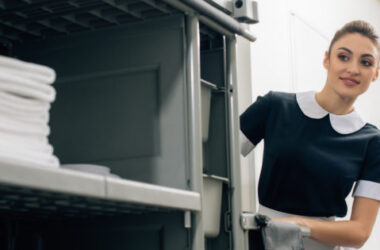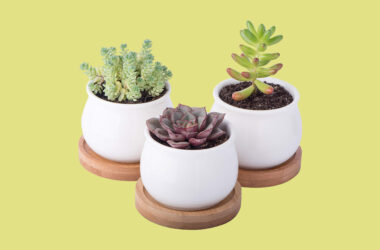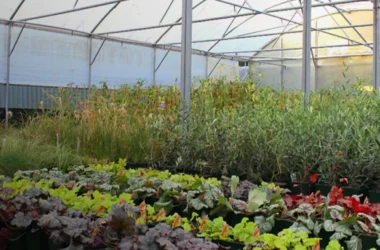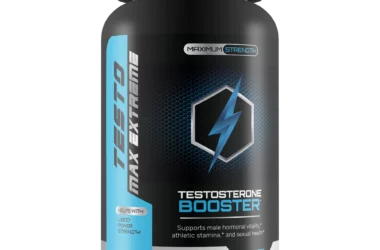Heat Pumps and Heat Pumping are two terms that are frequently used interchangeably. The term “heat pump” refers to the heating or cooling effect produced by circulating a fluid (such as liquid, gas or solid) through an external source of heat. Heating and cooling is accomplished by transferring thermal energy from one location to another. õhk vesi soojuspumba paigaldus (air water heat pump installation) is often used in conjunction with other forms of technology such as solar panels, geothermal energy systems, wood stoves and fireplaces.
A heat pump works on the same principle as a refrigerator but instead of refrigerant gas, it uses a fluid to transfer heat from one place to another. This type of device can work in both directions depending upon your needs. These devices have become popular since they are effective at cooling homes during the warm months of the year and also help keep indoor temperatures comfortable during the cold winter months.
Heat pumps are probably the last thing that comes to mind when considering how to cool a hot building. You probably consider using an air conditioner instead, though. It turns out, though, that a heat pump is capable of both heating and cooling, and in some situations, it’s preferable to have separate heating and cooling systems.
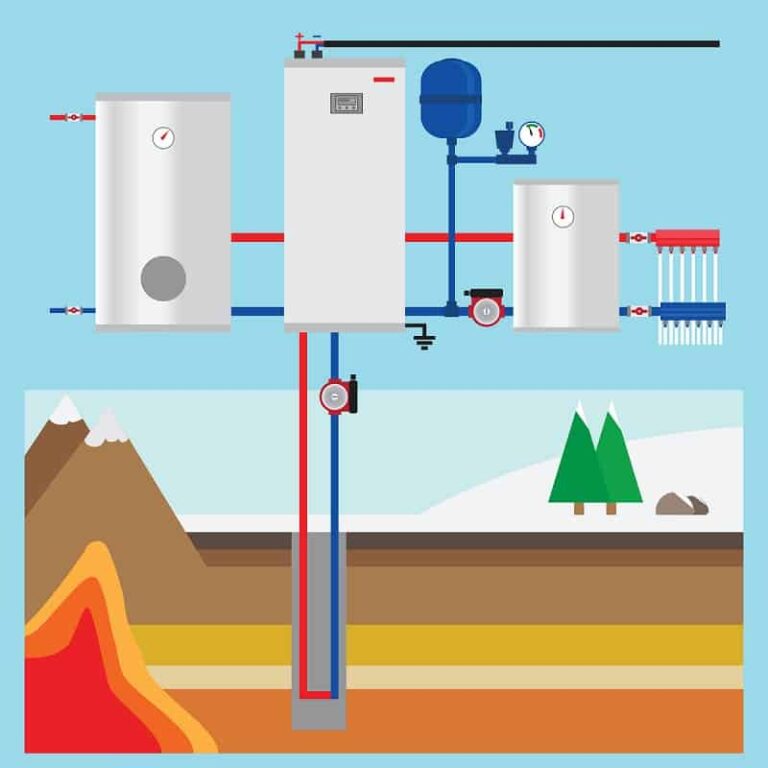
In order to understand how heat pumps work, you must first know about three types of air-to-air heat pumps. Air-to-air heat pumps use air as their working medium. There are two main types of these air-to-air heat pumps – absorption and desiccant. Absorption heat pumps use a chemical solution to absorb the heat from the air passing over them. Once the chemical has absorbed enough of the heat, it turns into a vapor which then flows back to its container where it condenses again. Desiccant heat pumps use silica gel to filter out moisture from the air. This process takes place in a sealed chamber and the air is cooled down so much that it becomes saturated with water vapor. It now contains more water vapor than normal humidity and this excess water vapor is removed from the system.
In addition to these three different types of air-to-air heat pumps, there are two types of air-to-water heat pumps – direct evaporative and indirect evaporative. Direct evaporative heat pumps circulate water directly from a reservoir and use a fan to remove the moisture from the hot water. Indirect evaporative heat pumps circulate air through a series of coils while the water passes through a separate set of coils. The air picks up the moisture in the water and carries the moisture away from the coils.
There are several ways in which you can make use of the heat generated from a heat pump. You can use your heat pump to raise the temperature of your home’s air or water. In addition to using your heat pump to warm your house, you will find that your central air conditioning unit will run a lot less frequently when you install a heat pump. If you choose to use a heat pump to cool your home, you may be able to save yourself on your electric bill. When your central air conditioner runs less frequently, it means that your electrical bills will go down too.
Another way in which you can use a heat pump is to take advantage of the free energy that you generate from your heat pump. Many people are already utilizing this resource in their own homes. Some homeowners use their heat pump to power a small generator which allows them to charge their electronic gadgets. Others utilize their heat pump to power a light bulb to provide additional lighting in the evening hours. Still others use their heat pump to power a small appliance such as a coffee maker or microwave oven.
The best way to determine if a heat pump is right for your home is to contact an installer who specializes in installing these devices. A qualified contractor should be able to answer any questions that you may have regarding the installation of a heat pump in your home. Before making your decision, ask him or her for some references and call the companies that he or she recommends. Ask to speak to someone who actually installed the product in your home. Do not hire a salesman because salespeople tend to sell things without knowing all of the facts.
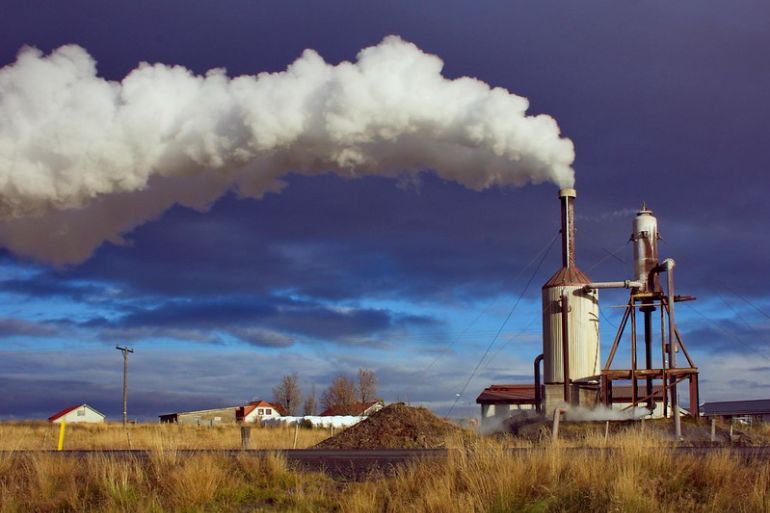
Although heat pumps are becoming increasingly popular, they still have their drawbacks. First, they require electricity to operate. Although your heat pump will reduce your monthly energy costs, it will not eliminate them completely. Second, although these devices do provide comfort, they cannot replace your own body’s natural heat. They are very good for providing the necessary warmth during the colder months of the year. However, in warmer climates, you may find that you need something more powerful to keep your home warm.

